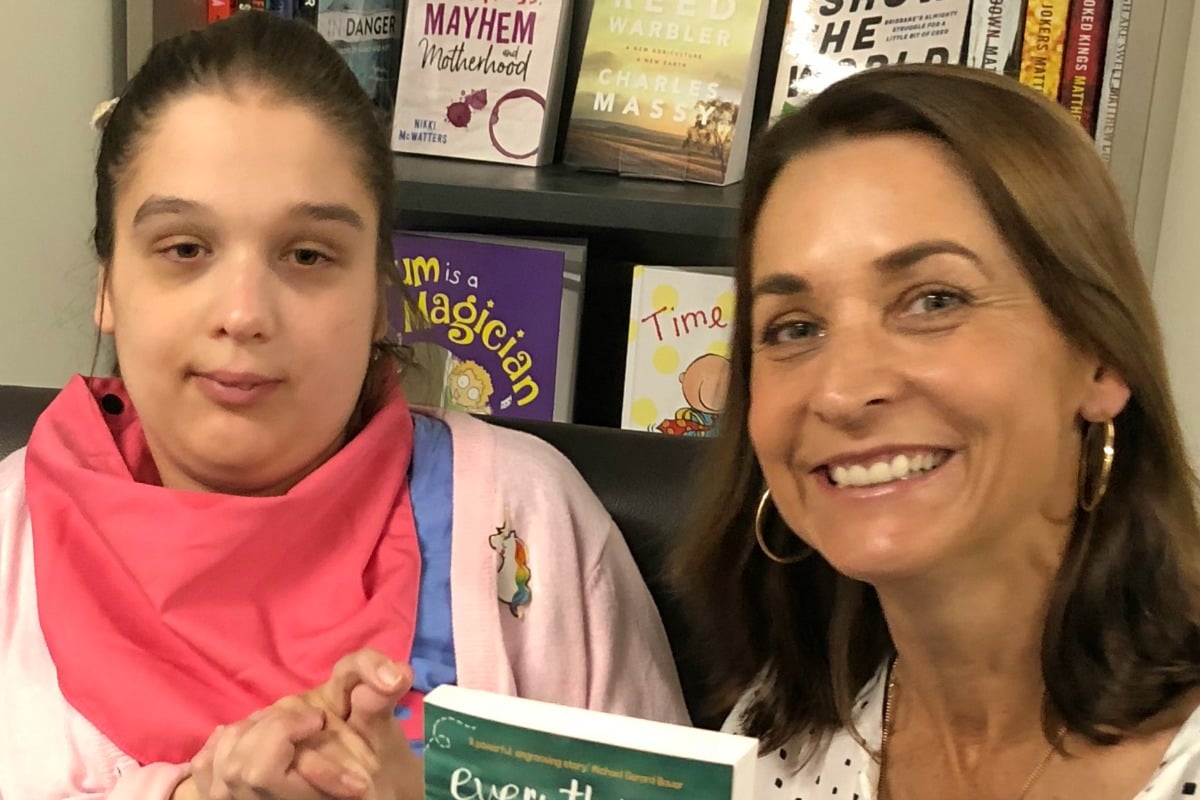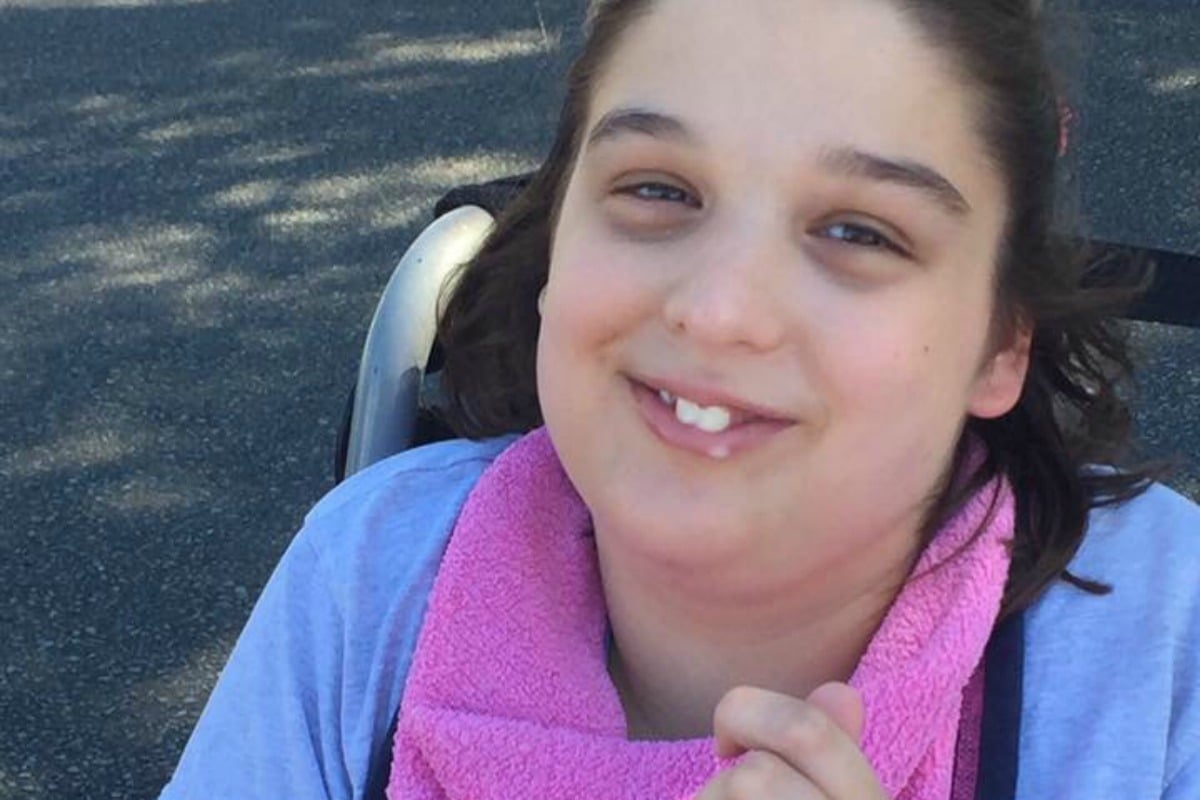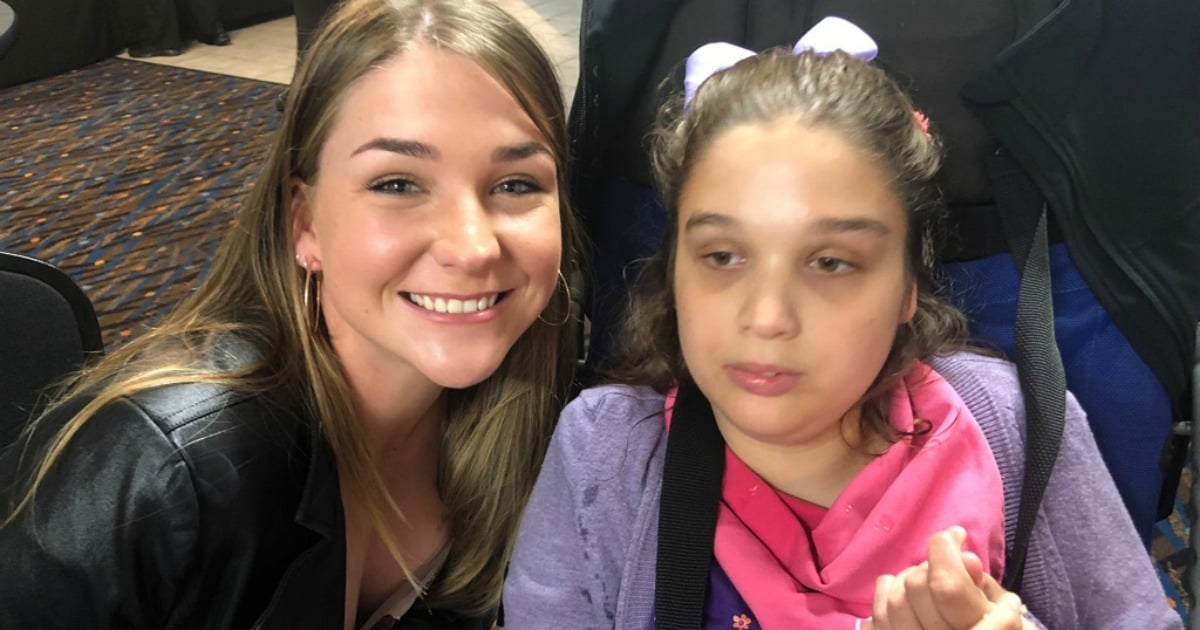
When Samantha Wheeler gave birth to her daughter Charlotte at just 27 weeks, she couldn’t shake the feeling that something was wrong.
“She’ll be fine,” the doctors assured her. Charlotte was tiny, but doctors could “work magic” with premature babies, Samantha was told. There was nothing to worry about.
But Charlotte was Samantha’s second baby, and when she didn’t start to crawl, or talk, Samantha knew it wasn’t normal.
After seeing several doctors, the family were told Charlotte probably had autism. They were encouraged to do their best to care for her, and were given a very vague prognosis. She might speak, they said, but she also might not. Over the next several years, Samantha went from specialist to specialist, trying everything she could to help her daughter learn to communicate. No matter what they tried, however, Charlotte only got worse.
It was when Charlotte was ten or 11 that it became very clear that an autism diagnosis didn’t make sense – suddenly, she started to lose the ability to walk.
“Kids with autism, they can walk,” Samantha tells Mamamia. “So it was really only when she was 14, so much later, that we finally got the diagnosis that she had Rett syndrome.”
Rett syndrome is a genetic disorder that almost exclusively affects females. According to the Brain Foundation, most girls with Rett syndrome develop normally until about six to 18 months of age, when they stop acquiring new skills and may regress from the milestones they’ve already reached, such as crawling and speaking. About 1 in 10,000 girls are diagnosed with Rett syndrome.
































































































